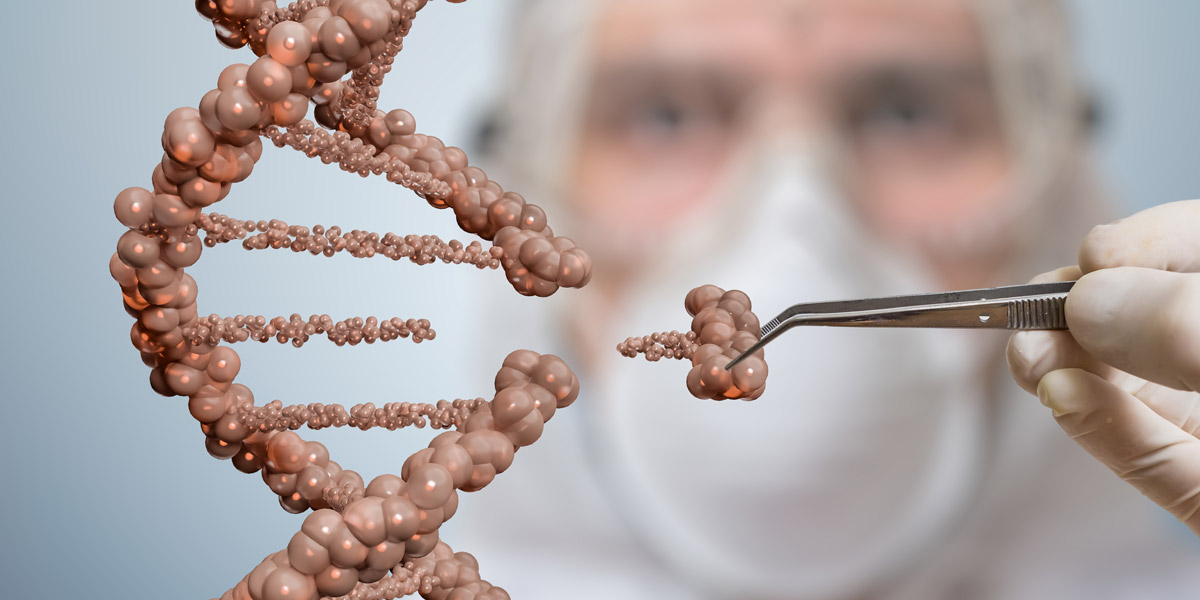
Health and food safety commissioner wants public debate
The Netherlands has proposed that new GM techniques should be specifically excluded from Europe's GMO directive.
That would mean that products developed using these techniques would not be subjected to the EU’s GMO regulations and would not be labelled as GMOs.
In common with other proponents of these techniques, the Netherlands refers to them as New Plant Breeding Techniques (NPBTs), apparently in order to avoid the “hot button” term GM.
The new techniques include CRISPR-Cas, oligonucleotide-directed mutagenesis, zinc finger nuclease technology, TALEN, and reverse breeding. These techniques are known to have off-target effects – which could give rise to unexpected toxicity in food crops.
The European Commission has delayed making a decision on the new GM techniques for years. There has been little policy discussion for ten years and the Commission has never published the legal analysis it commissioned.
The Commission has asked its Scientific Advice Mechanism (SAM) for a report on the new GM techniques and this is due to be discussed at a conference in Brussels on 28 September.
Health and food safety commissioner Vytenis Andriukaitis wants to launch a public debate.
The Netherlands is proposing that an exemption clause be used in the Directive 2001/18/EC which regulates GMOs.
The Dutch proposal says, “Consistent policy approaches are … required to improve the functioning of the internal market in Europe in conformity with the aim of the Directive, at the same time ensuring safety for human health and the environment.”
The Dutch proposal aims to exempt the products of new GM techniques from the “process-based” regulation currently applied to GMOs in the EU, which takes account of the uncertainties involved in the GM process. The proposal wants to use product-based regulation only. However, critics point out that product-based regulation only looks at the intended effects of the genetic modification procedure and will miss unintended effects.
Member states divided
EU member states are divided on the issue, with some thinking the new GM techniques fall within the scope of the directive and thus must be regulated as GMOs, while others say they do not.
Any change to the GMO directive would require co-decision with the European Parliament. However, the Dutch document is proposing changes to an annex to the directive. It is as yet unclear whether this would also require the agreement of the Parliament. GMWatch will update readers as soon as we gain clarity on this important question.
The Dutch delegation says it wants to launch a discussion on whether policy makers could agree not to regulate plants produced with the new GM techniques as GMOs, provided that these plants are "at least equally safe as plants obtained by traditional breeding". However, this is an assumption that has not been demonstrated scientifically as too little research has been done on products of the new GM techniques.
European Court of Justice to rule
The European Court of Justice is due to clarify the interpretation of the directive with regard to mutagenesis and various genome editing techniques.
The European Commission has indicated it will not provide a legal interpretation of the new GM techniques but will wait for the Court’s ruling.
However, the Dutch authorities see no need to await the Court’s ruling for initiating a policy debate on the new GM techniques.
Many NGOs, including GMWatch, are strongly against exempting the new GM techniques from the GMO legislation and consider they should be regulated in the same way as other GM techniques.










